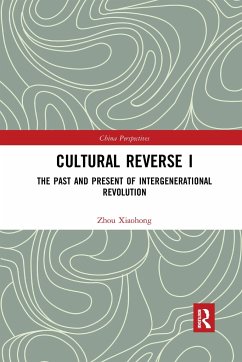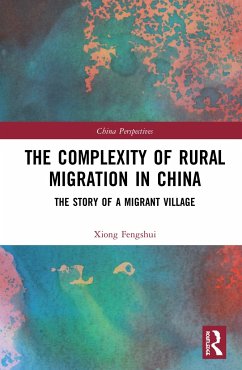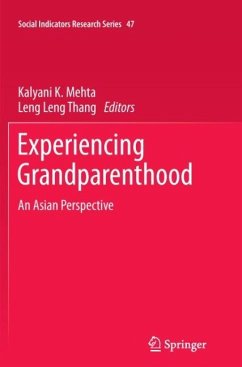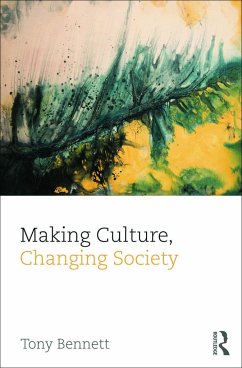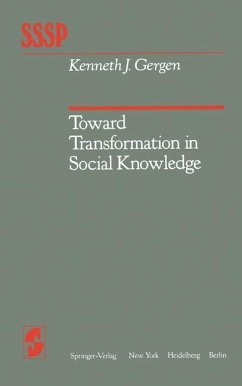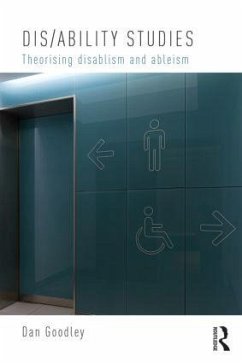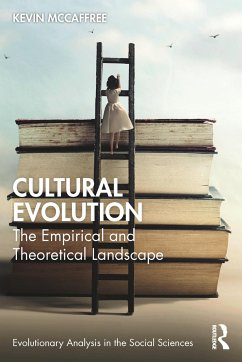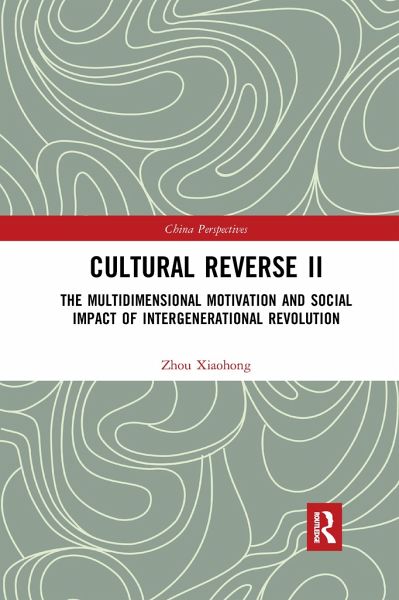
Cultural Reverse ¿
The Multidimensional Motivation and Social Impact of Intergenerational Revolution
Mitarbeit: An, Xiaolu

PAYBACK Punkte
20 °P sammeln!
The book proposes a new academic concept, "Cultural Reverse" (¿¿¿¿), referring to the phenomeno beginning in China in the 1980s in which the older generation started to learn from the younger generation, and analyses the multiple causes and social impacts of this trend.Following on from the first volume, this second volume further analyses the multiple causes of cultural reverse, including rapid social change, the influence of peer groups, and the impact of the media. Then, in a broader context, the author discusses the complex interdependence of and conflict among the State, society, and ...
The book proposes a new academic concept, "Cultural Reverse" (¿¿¿¿), referring to the phenomeno beginning in China in the 1980s in which the older generation started to learn from the younger generation, and analyses the multiple causes and social impacts of this trend.
Following on from the first volume, this second volume further analyses the multiple causes of cultural reverse, including rapid social change, the influence of peer groups, and the impact of the media. Then, in a broader context, the author discusses the complex interdependence of and conflict among the State, society, and youth. He tells a story of the transformation of Chinese youth over the past hundred years, and names this "one-place" (fast-changing China) and "one-time only" (unrepeatable) phenomenon "China feeling".
The innovative content of the book pushes the barriers of the academic field. Scholars of Chinese sociology and general readers interested in contemporary Chinese society will find this book to be essential.
Following on from the first volume, this second volume further analyses the multiple causes of cultural reverse, including rapid social change, the influence of peer groups, and the impact of the media. Then, in a broader context, the author discusses the complex interdependence of and conflict among the State, society, and youth. He tells a story of the transformation of Chinese youth over the past hundred years, and names this "one-place" (fast-changing China) and "one-time only" (unrepeatable) phenomenon "China feeling".
The innovative content of the book pushes the barriers of the academic field. Scholars of Chinese sociology and general readers interested in contemporary Chinese society will find this book to be essential.





